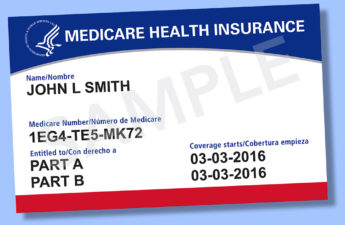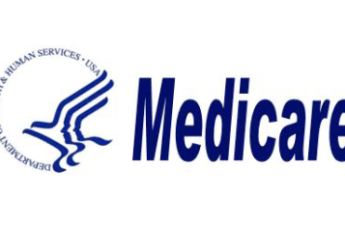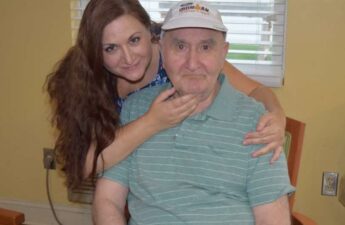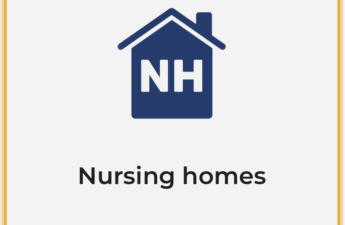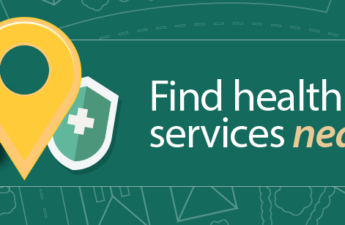Category: Medicare
Older Americans Say They Feel Trapped in Medicare Advantage Plans.
Medicare pays private insurers a fixed amount per Medicare Advantage enrollee and in many cases also pays out bonuses, which the insurers can use to provide supplemental benefits. Those extra benefits work as an incentive to get people to join the plan but that the plans then restrict the access to so many services and coverage for the bigger stuff.”
Medicare enrollment begins October 15
Did you know you have choices in your Medicare prescription drug and health coverage? Medicare’s Open Enrollment Period (October 15 – December 7) is your chance to think about what matters most to you. Plans can change from year to year, and your health needs may change, too. So it’s important to know your options.
How to create your online Medicare account
It takes just a few minutes to create your account.
Vaccines covered by Medicare Part D
Stay up to date with vaccines. Talk with your doctor about which vaccines are right for you!
How does your hospital measure up?
Trying to find a hospital nearby with doctors that accept Medicare? Or, perhaps you’re planning to have surgery or are thinking about your future needs. Visit Medicare.gov to find a hospital in your area that best meets your needs.
‘Grotesque Catch-22’ – Sickest Rural Adults Are the Least Likely to Be Able to Pay for Healthcare
Research on cost barriers to health care found that rural adults were more likely than urban adults to report being unable to pay their medical bills or have problems paying their medical bills. Rural adults also were more likely to use medications in ways not prescribed (like taking pills every other day or only filling prescriptions every other month) to save money on medication.
Act fast if you feel you have COVID symptoms, Medicare urges
Feeling sick? If you have any COVID-19 symptoms, act fast!COVID-19 antiviral treatments can help reduce your symptoms and keep you out of the hospital, but you must take them as soon as possible.
Supreme Court Case Could Curtail Rights of Medicaid Patients
Twenty-two Republican-leaning states have urged the Supreme Court to block beneficiaries of federal safety net programs from suing. If the court agrees participants in many federal entitlement programs could lose the right to go to court when they believe a state, city or county has violated their rights in the administration of those programs.
Endgame: How the Visionary Hospice Movement Became a For-Profit Hustle
It might be counterintuitive to run an enterprise that is wholly dependent on clients who aren’t long for this world, but companies in the hospice business can expect some of the biggest returns for the least amount of effort of any sector in American health care. Medicare pays providers a set rate per patient per day, regardless of how much help they deliver. Since most hospice care takes place at home and nurses aren’t required to visit more than twice a month, it’s not difficult to keep overhead low and to outsource the bulk of the labor to unpaid family members — assuming that willing family members are at hand.
Compare nursing homes with this online tool from Medicare
Whether you’re planning ahead or need to make an unexpected decision, there’s a lot to think about when choosing the right nursing home for you or your loved one. Medicare.gov makes it easy to find and compare nursing homes in your area.
West Virginia Sen. Manchin Takes the Teeth Out of Democrats’ Plan for Seniors’ Dental Care
Democratic Senator Joe Manchin of West Virginia opposes adding dental and other benefits for Medicare beneficiaries. He says it cost the federal government too much.
Finding Medicare services near you
Check out Medicare.gov to get information about doctors, hospitals, and other health care services in your area.
New change to Medicare.gov
Medicare.gov has a new URL.
Medicare Open Enrollment Is Complicated. Here’s How to Get Good Advice.
For all its complexity, Medicare fundamentally boils down to two choices: traditional fee-for-service or the managed care approach of Medicare Advantage.
Get ready for Medicare open enrollment
Starting October 1, you’ll be able to take a sneak peek at plans available in your area.
